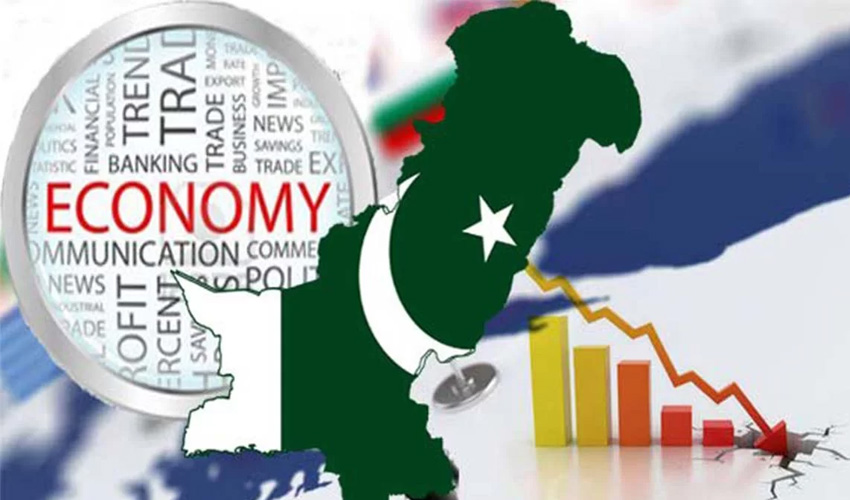China has once again responded firmly to US President Donald Trump’s tariff measures, raising its tariffs on American imports to over 80%.
According to a translated statement from the Office of the Tariff Commission of the State Council, China will increase tariffs on US goods from 34% to 84%, effective April 10. This move follows the latest US tariff hike — raising duties on Chinese goods to over 100% — which came into force on April 9.
The ongoing tit-for-tat tariff increases between the world’s two largest economies are fueling concerns of a potential halt in bilateral trade.
Also Read: Trump shocks world with 104% tariff on China – What’s next?
The Trump administration unveiled its broad new tariff strategy last week, cautioning other nations against retaliating. While some countries, like Japan, have shown a willingness to negotiate, China has adopted a more aggressive approach.
In response to China's initial countermeasures to tariffs announced on April 2, Trump retaliated with an additional 50% hike, bringing total tariffs on Chinese imports to 104%.
These recent measures come on top of earlier US tariffs targeting China, Canada, and Mexico — initially justified by the Trump administration as part of efforts to curb the flow of fentanyl into the United States.
US President Donald Trump's "reciprocal" tariffs on dozens of countries took effect on Wednesday, including massive 104% duties on Chinese goods, deepening his global trade war even as he prepared for negotiations with some nations.
Read Also: Trump's massive 'reciprocal' tariffs are now in effect
Trump's punishing tariffs have shaken a global trading order that has persisted for decades, raised fears of recession and sent stocks around the world reeling.
The S&P 500 has shed nearly $6 trillion since Trump unveiled the tariffs a week ago, the deepest four-day loss since the benchmark's creation in the 1950s. The index is now nearing a bear market, defined as 20% below its most recent high.
A sell-off across Asian markets resumed on Wednesday with Japan's Nikkei down more than 3%, South Korea's currency hitting a 16-year low and government bonds suffering heavy losses as investors dashed for the safety of cash.


























